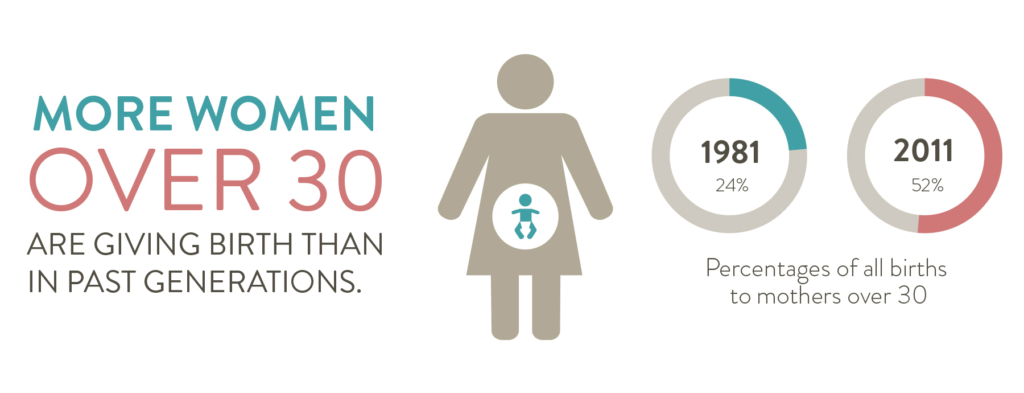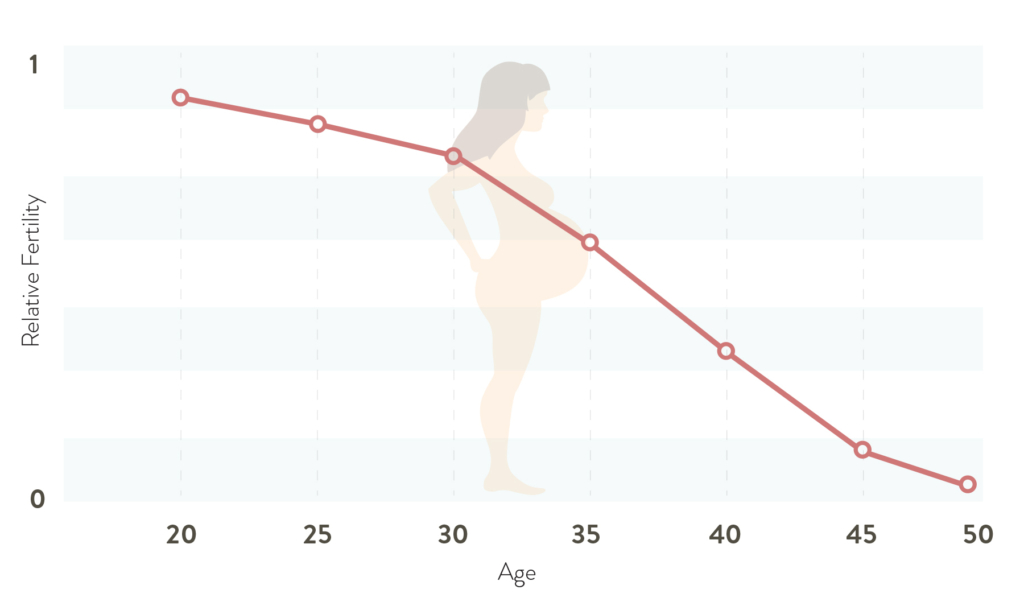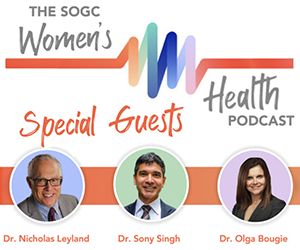Age and fertility
When is the right time to have a baby?
![]() Are you ready financially? Physically? Emotionally? The answers to these questions are difficult for many people, and choosing when to start a family is very personal. With the wide availability of safe, effective, and reversible birth control, we now have a lot of control over our family planning. We can choose to delay childbearing to focus on other things – career, travel, education, or other personal opportunities. And indeed, many women are waiting by chance or by circumstance. The average of age of mothers at first birth has increased from 28.7 in 2012 to 29.2 in 2016. For all births, the average age of mothers at childbirth has been over the age of 30 since 2010.
Are you ready financially? Physically? Emotionally? The answers to these questions are difficult for many people, and choosing when to start a family is very personal. With the wide availability of safe, effective, and reversible birth control, we now have a lot of control over our family planning. We can choose to delay childbearing to focus on other things – career, travel, education, or other personal opportunities. And indeed, many women are waiting by chance or by circumstance. The average of age of mothers at first birth has increased from 28.7 in 2012 to 29.2 in 2016. For all births, the average age of mothers at childbirth has been over the age of 30 since 2010.
At what age am I most fertile?
Biologically, the best period for bearing children is between 20 and 35 years of age. This is the age range associated with the lowest risks for both the mother and baby. After 35, fertility decreases, while the chances of miscarriage and pregnancy complications increase. As women age, many opt to use assisted reproductive technology. However, advances in reproductive technology do not make up for the loss in fertility and age. There is also an effect of male aging on pregnancy outcomes, with increased risk of miscarriage and several inherited conditions (e.g., autism, schizophrenia) when the father is older than 40.

Why does fertility drop after 35?
Conception becomes less likely as women age because of a decrease in the number and quality of eggs. Women have a fixed maximum number of eggs when they themselves are fetuses. None are added after that time, and after puberty some eggs are lost every day. At puberty, women have approximately 300,000–500,000 eggs. At menopause (average age, 51), only a few hundred eggs remain. Not all women experience the drop in fertility at the same age. Some women will experience a decline in their natural fertility sooner than average, and some may maintain above fertility at older ages.

How do I know if I am still fertile?
If you are over 35 and trying to conceive, you may consider a fertility evaluation, including ovarian reserve testing. This blood test is an indirect way of assessing how many eggs remain in your ovaries. The test can give you some general information about your fertility but does not predict infertility or pregnancy. This testing can also be considered for women under 35 that have risk factors for low ovarian reserve.
What are my options if I am experiencing age-related infertility?
Ovarian stimulation, egg donation, egg freezing, and in-vitro fertilization are all options for older women struggling to conceive. Pregnancy rates following ovarian stimulation are low for women over 40. The most effective treatment for ovarian aging is egg donation.


